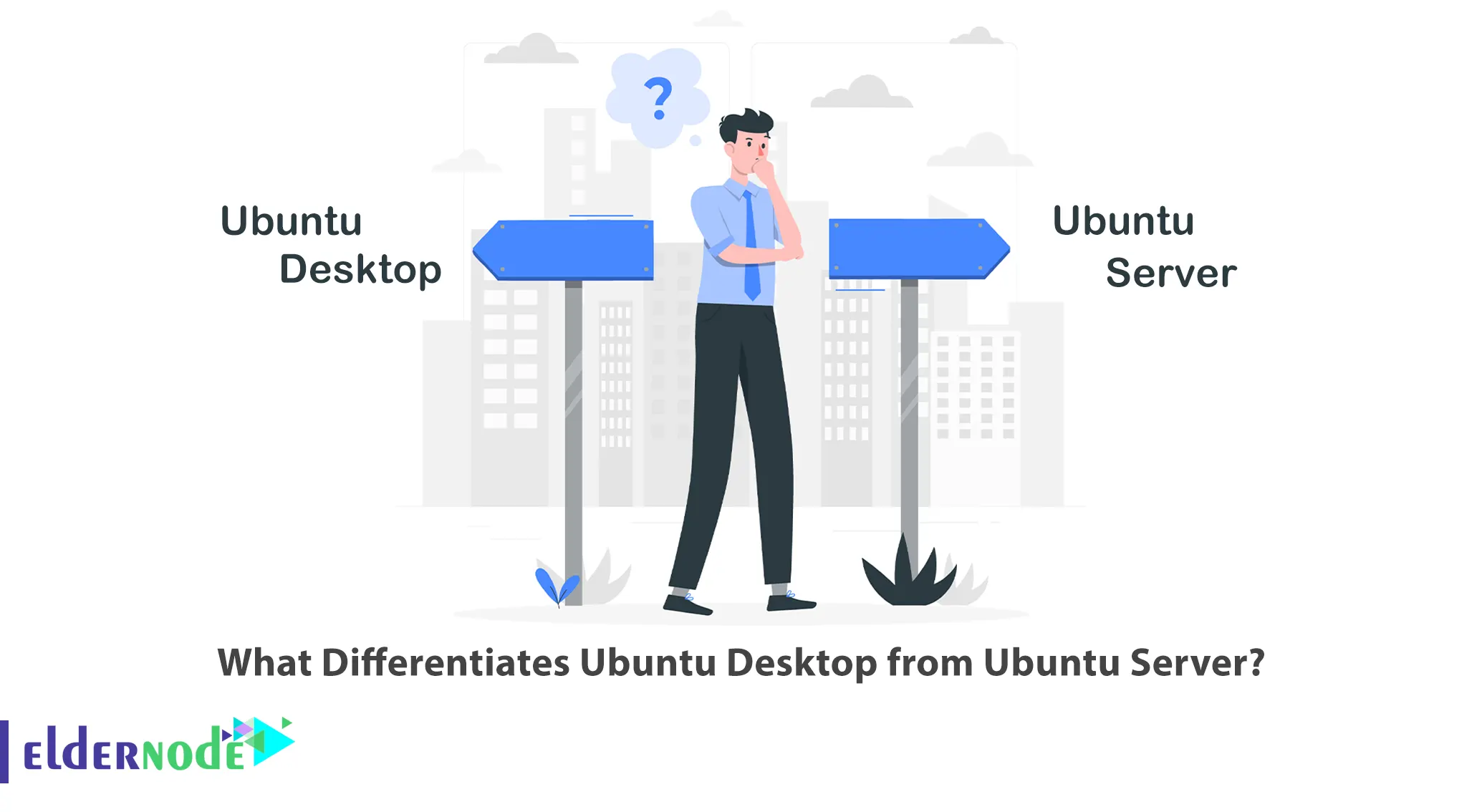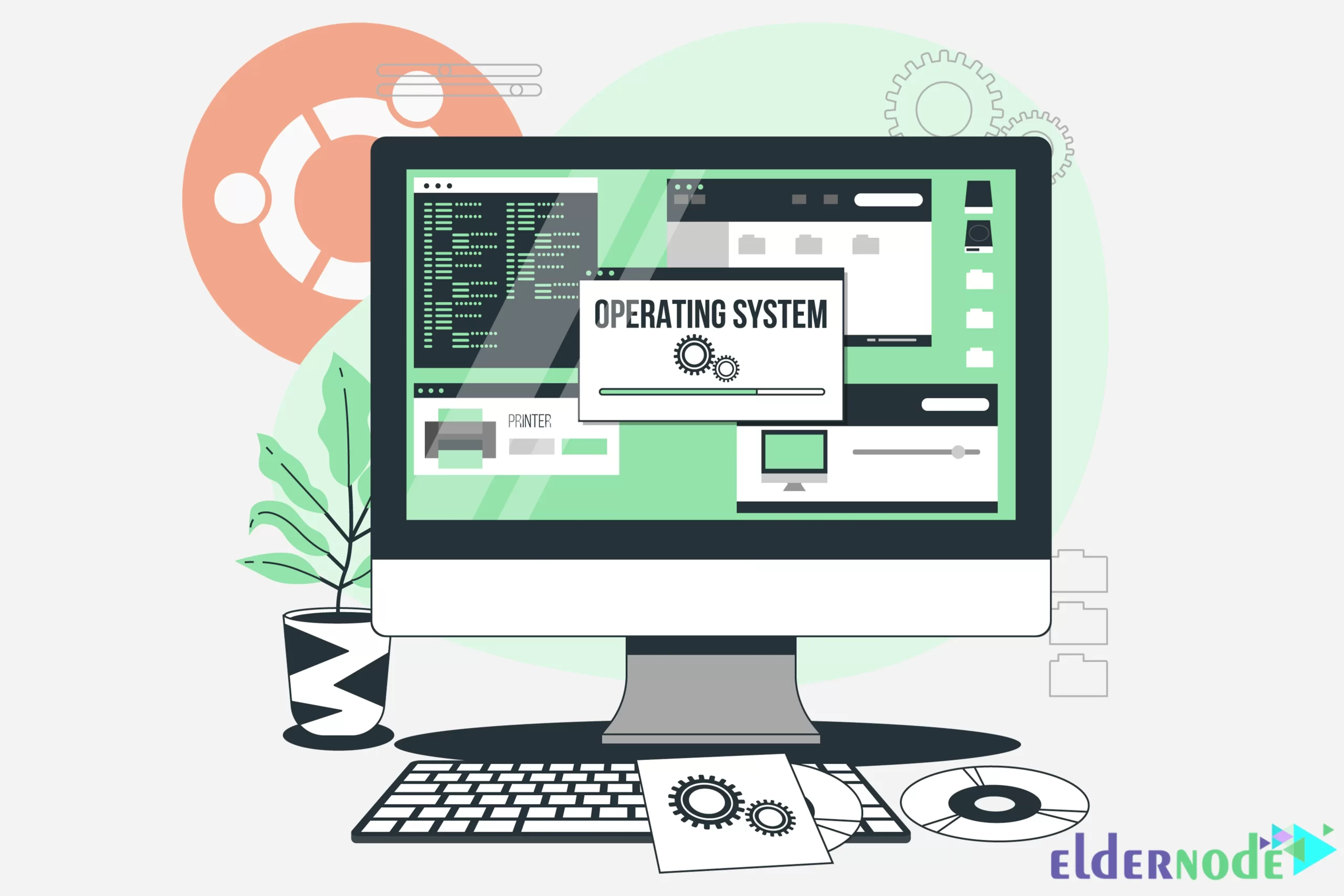
Ubuntu is a widely popular operating system, known for its versatility and functionality. However, when it comes to choosing between Ubuntu Server and Ubuntu Desktop, things can get a bit confusing. So, which one is right for you? In this article, we’ll compare Ubuntu Server vs Ubuntu Desktop to help you make an informed decision. Ubuntu Server is designed for running server applications and managing network services. It offers a lightweight and scalable solution, making it ideal for businesses or individuals looking to set up servers for hosting websites, databases, or cloud services. On the other hand, Ubuntu Desktop is geared towards personal computer users who want a user-friendly and feature-rich operating system for everyday tasks. While both versions share the same core Ubuntu distributions, they have distinct purposes and features that cater to different needs. By understanding the differences between Ubuntu Server and Ubuntu Desktop, you can select the right version that fulfills your requirements. Whether you’re a business owner or an individual, it’s essential to choose the Ubuntu distribution that aligns with your goals. Stay tuned as we dive deeper into the comparison of Ubuntu Server and Ubuntu Desktop to help you decide which one is the best fit for you. We offers an economically Ubuntu VPS Server, which you can check out the offered package to purchase it.
4 differences between Ubuntu Server and Ubuntu Desktop
Are you new to the world of Ubuntu and confused about whether to go for the server or desktop version? Look no further, as we unravel the key differences between Ubuntu Server and Ubuntu Desktop to help you make an informed decision. While both operating system variations stem from the same foundation, each serves a distinct purpose.
1. Compatibility:
Ubuntu Desktop, as the name suggests, is designed primarily for personal computer usage. Whether you need Ubuntu for daily activities, multimedia, or gaming, the desktop version offers a user-friendly interface that caters to everyday computing needs. On the other hand, Ubuntu Server is tailored to meet the demands of server-based environments, making it ideal for web hosting, cloud computing, and managing network servers.

2. Performance:
If speed and stability are what you seek, Ubuntu Server steals the limelight. Stripped of unnecessary graphical interfaces and tools, it focuses solely on delivering the best performance for server tasks. The absence of heavy graphical components translates to more resources being available for vital server operations, resulting in faster response times and efficient resource management. Ubuntu Desktop, on the other hand, offers a visually appealing experience with a wide range of applications and multimedia capabilities, making it perfect for personal computing needs.
3. Security:
When it comes to security, both Ubuntu Server and Desktop are built on the same underlying security technology. However, Ubuntu Server assumes a more prominent role due to its focus on server-based usage. It includes robust security features tailored towards securing network connections, managing user privileges, and hardening system reliability. On the desktop front, Ubuntu Desktop provides a strong foundation for a secure user experience with regular updates and community-driven efforts to address vulnerabilities.
4. Customizability:
Ubuntu Server presents a wealth of customization options, allowing users to install and configure only the applications and services they require, making it a powerful solution for powering specific server functions. On the other hand, Ubuntu Desktop comes pre-packaged with a wide range of applications and tools, catering to the average user’s needs. However, it still provides flexibility through a vast repository of additional software that can be easily installed to match individual preferences.
Conclusion
Choosing between Ubuntu Server vs Ubuntu Desktop ultimately comes down to your intended use. If you are an avid PC user looking for a comprehensive, user-friendly experience with multimedia capabilities, Ubuntu Desktop is an ideal fit. On the other hand, if you aim to set up your own server or delve into the world of web hosting and networking, Ubuntu Server stands out as the superior choice. Be it personal computing or server management, Ubuntu has got you covered, delivering top-notch performance, security, and customization options.





